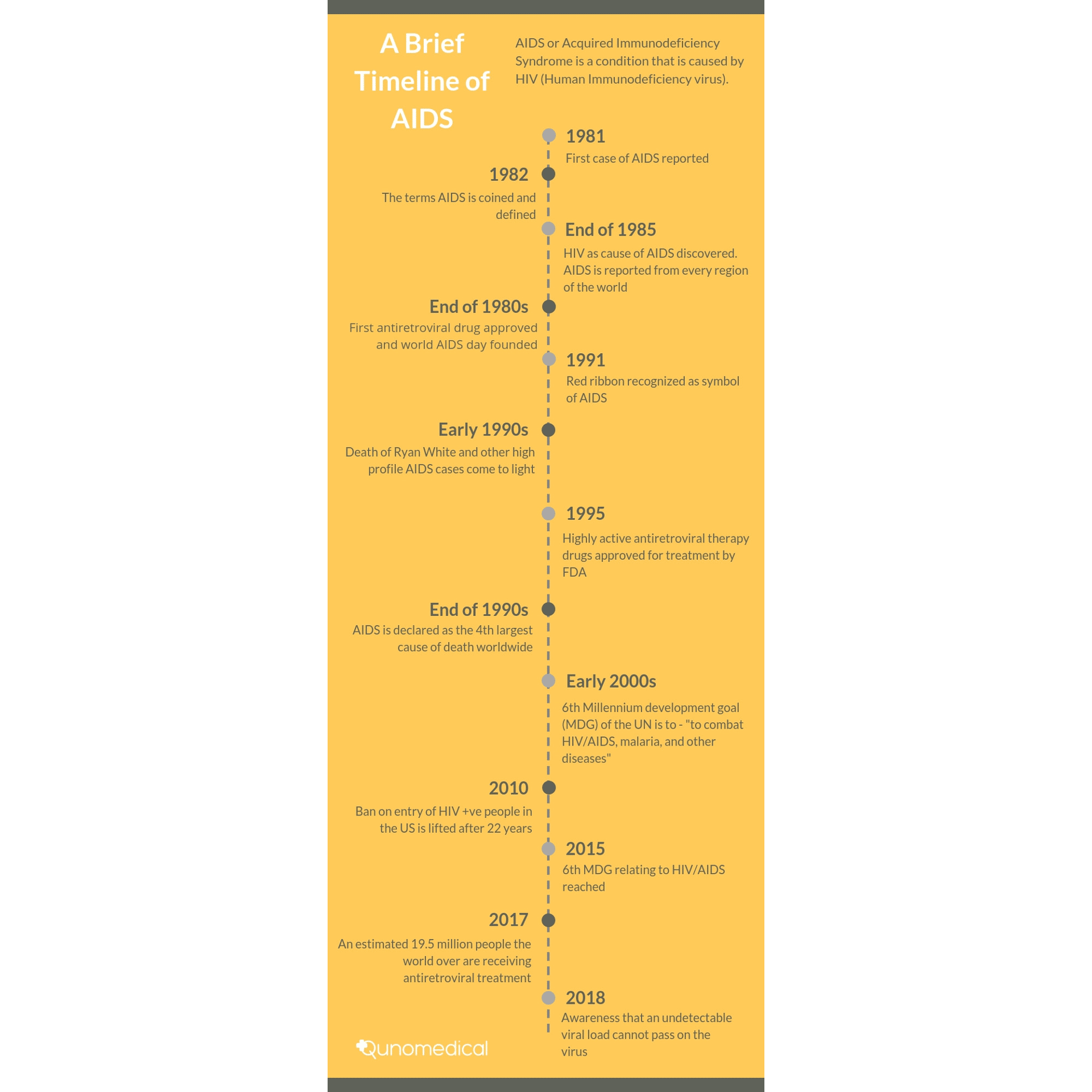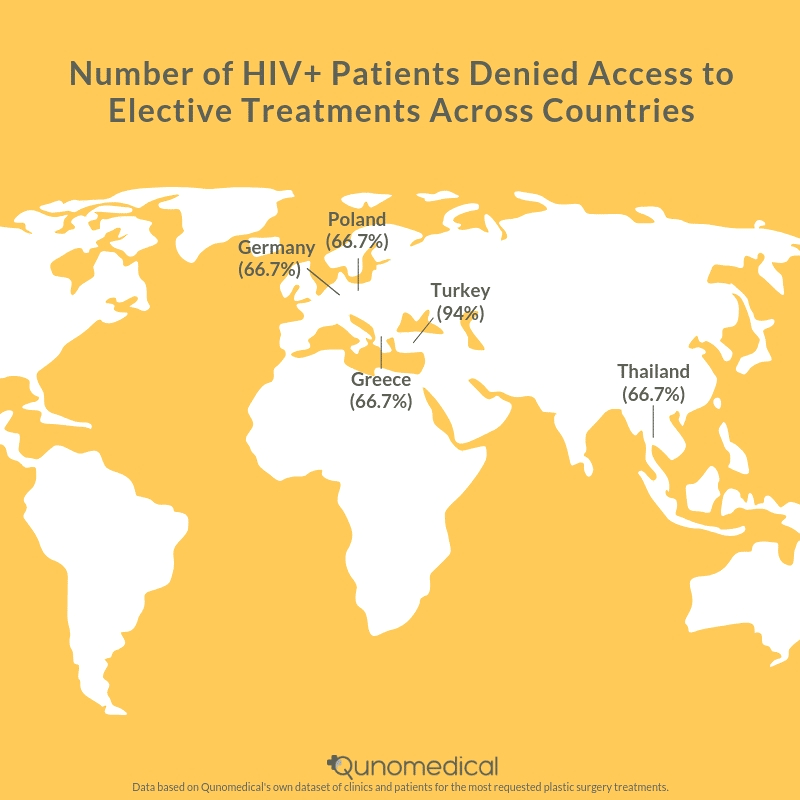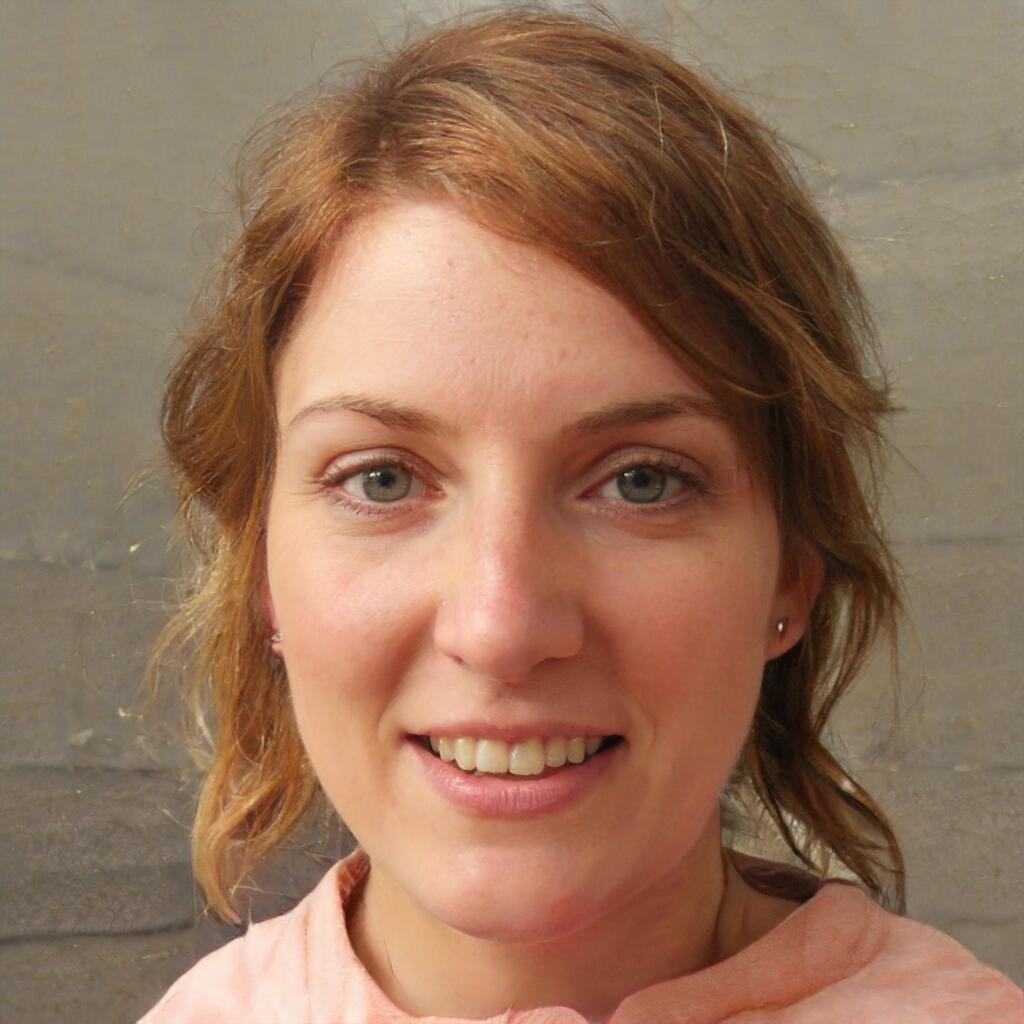World AIDS Day: The Underlying HIV+ Stigma In Healthcare
Introduction to World AIDS Day
First recognized in 1988, December 1st is World AIDS Day. It was the first official World Health Day. Since the beginning of the AIDS epidemic, an estimated 35 million people have died, and many more continue to live with the illness today. Those diagnosed with the virus are, to this day, stigmatised and discriminated against. From the workplace, to receiving services, in social settings and even in places where one would least expect it - healthcare. Therefore, the aim of World AIDS Day is to raise awareness of HIV/AIDS, to serve as a reminder of the disease to the general public and governments alike, engage the public, and to remember those who have died due to an AIDS related illness.
A brief timeline of HIV/AIDS
Before we move on, it’s important to understand the abbreviations. AIDS stands for ‘Acquired Immunodeficiency Syndrome’ and is the name of the disease that is caused by HIV, which is the ‘Human Immunodeficiency Virus.’ For a better understanding of the disease, its progression and efforts to combat it, please refer to the infographic below.

Where do we stand today?
Even after all the advances that have been made in the field of HIV/AIDS, there is no permanent cure for the disease. But, it is no longer the life-threatening diagnosis that it used to be. With appropriate medication and therapies, HIV can be controlled and the lives of people living with it can be significantly prolonged. Medication for HIV infected individuals has helped keep them healthy as well as lowered their chance of infecting others. Life expectancy of an HIV+ individual is almost as high as those that are not infected.
We, as a society, have come a long way since the 80s in our treatment of HIV+ individuals, or their segregation in different aspects of everyday life. But, after almost 40 years we are yet to fully overcome this. Both rampant and subtle discrimination against HIV+ patients is still happening today, and not just in the usual places such as schools, universities or workplaces but even in hospitals and clinics. The establishments and people who themselves have sworn to uphold ethical standards and work according to the latest scientific best-practices are shying away because of taboo and misplaced fears.
A short insight into Qunomedical data on HIV+ inclusivity across clinics
On this World AIDS day, we at Qunomedical decided to carry out a simple analysis of our own data to discover whether we could see a pattern of discrimination across clinics worldwide.

Please note that the data represent only a subset of the top plastic surgery treatments that Qunomedical receives requests on. Data also includes clinics that did not give definitive information.
Evaluation of data
In total, an average of only 6% of the clinics accept and treat patients who are HIV+, however, even within a subset of these clinics, patients would have to pay approximately 20% more than people without the virus. Additionally, few of the clinics that accept HIV+ patients also only do so on a ‘case-by-case’ basis.
Discrimination not only includes explicit rejection, but also unfair pricing, limited appointments or only specific staff. This has echoes of the practices of segregation and untouchability and is unacceptable in the 21st century. But, all hope is not lost. Many of our clinics, for example all of our partner clinics in Malaysia and Lithuania, accept HIV+ patients for specific elective treatments. In addition to this, our amazing Health Managers have helped several patients get the treatment they wanted, and this just goes on to show that medical tourism makes room for possibilities even when it seems like there aren’t any.

A Qunomedical patient story
A patient (who will henceforth be referred to as Mark) contacted Qunomedical around the end of February 2017, hailing from a country nestled deep in Central Asia. They were looking to undergo a hair transplant procedure, with a strong preference for Turkey. This inclination towards Turkey was due to the fact that it was easily accessible, affordable and having the reputation of being the world capital of hair transplantation. Before contacting us, the patient had tried to get treatment on his own, but was unsuccessful because clinics would either turn him down or quote a price that was thrice the price normally stated.
Unfortunately, most of our Turkish partner clinics also quoted twice the price for an HIV+ individual, which was very discouraging to Mark. But, at Qunomedical, the value we live by is ‘Patients first’, so our Health Manager did not give up hope, and proceeded to communicate and research other alternatives that would suit our patient’s needs.
Finally, after months of research and back-and-forth with the clinic as well as our patient, an official booking was made! The offer satisfied the patients requirements and met all his expectations. Immediately after landing in Germany, the patient contacted their manager and was thrilled at the prospect of having finally made it through for a treatment after saving up and waiting for a long time.
Post treatment, Mark was delighted with the clinic as well as the doctors, and looked forward to recovery and his new hair growth. According to the patient:
“The environment was inclusive and the treatment was personalised. I liked the attention I was given as a patient.”
Within a few months, Mark’s Health Manager will be in touch with him, in line with the annual follow-up, and is excited to hear about his progress!
Final notes
Our understanding of AIDS as an illness and acceptance of people with HIV has come a long way. The taboo surrounding the term ‘HIV positive’ is slowly fading, but is far from over. Here is hoping that next World AIDS Day is a celebration of acceptance, and to remind us of lives that were lost and the discrimination that existed.

Patient manager
Frieda
Your personal Patient Manager
Let's talk
Still unsure? Feeling overwhelmed? Talking to a real person can give you the guidance and reassurance needed. You don’t have to do it alone. Let’s find the right doctor together.
